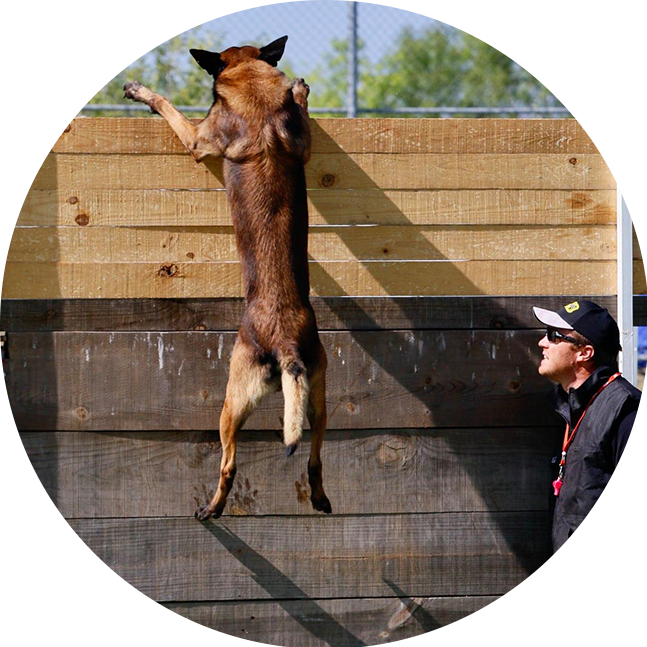French Ring Brevet dog training is a specialized program designed for dogs and their handlers aiming to embark on the challenging journey of French Ring Sport, a highly respected and demanding canine competition that emphasizes obedience, agility, and protection skills. The Brevet, or "certificate," is the entry-level title that dogs must achieve before advancing to the more rigorous levels of French Ring Sport competition: Ring I, Ring II, and Ring III.
Dog Training for the French Ring Brevet is comprehensive, requiring dedication, patience, and a strong bond between the dog and handler. Dogs of any breed can participate, although the sport is particularly popular among working breeds such as the Belgian Malinois, German Shepherd, and Dutch Shepherd, known for their intelligence, agility, and drive.
Achieving the Brevet title is a significant milestone, marking a dog's readiness to face the more advanced challenges of French Ring Sport while demonstrating a high level of discipline, athleticism, and teamwork. It's an exciting first step for handlers who are passionate about advancing their dog's training and competing at the highest levels of this dynamic sport.
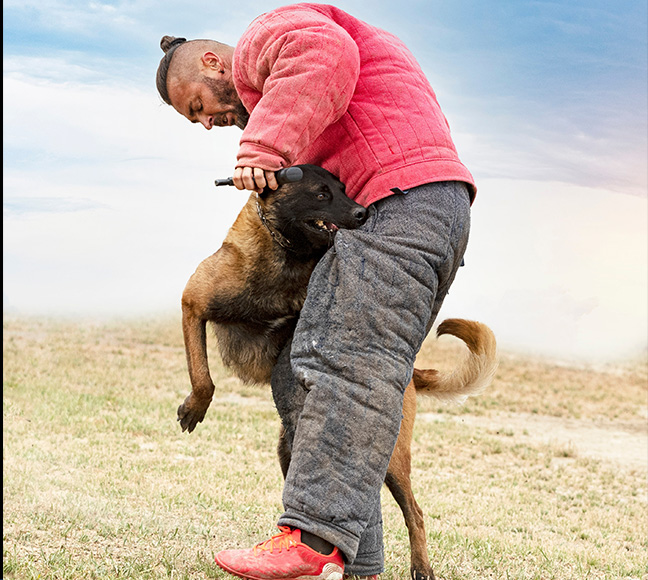
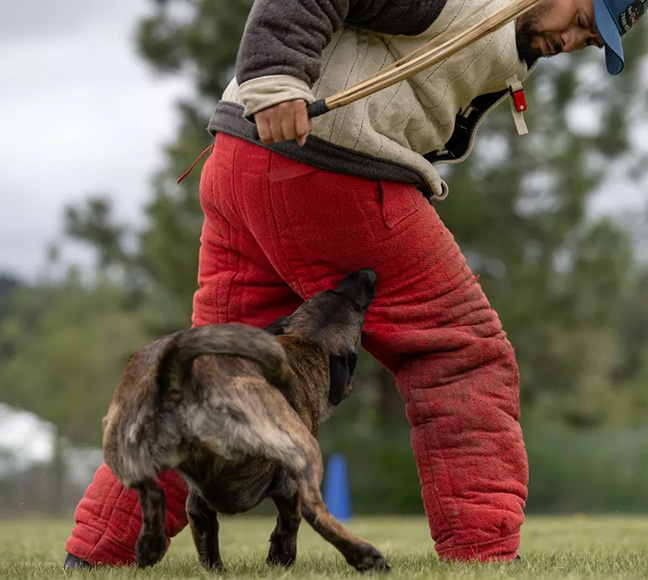
Dogs are trained to perform a series of commands with precision and responsiveness. This includes walking on a leash without pulling, executing sit, down, and stay commands under distraction, and demonstrating the ability to return to the handler promptly upon command. The obedience phase is designed to showcase the dog's attentiveness and willingness to work in harmony with their handler.
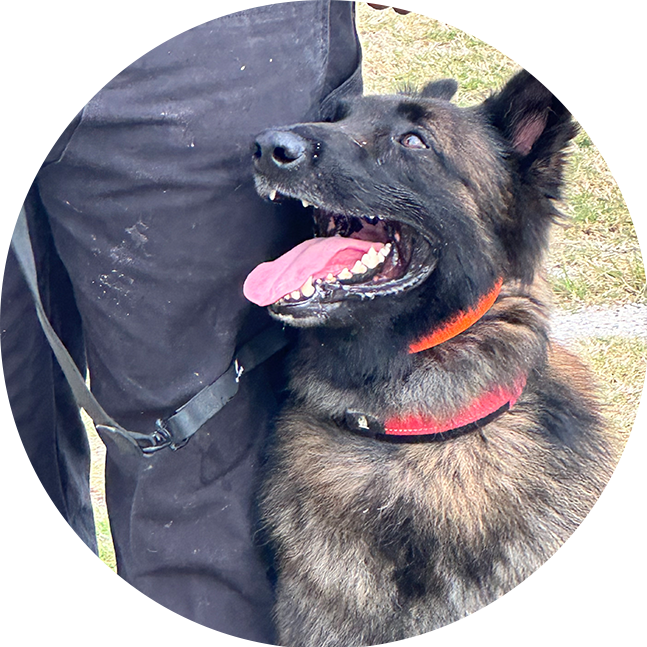
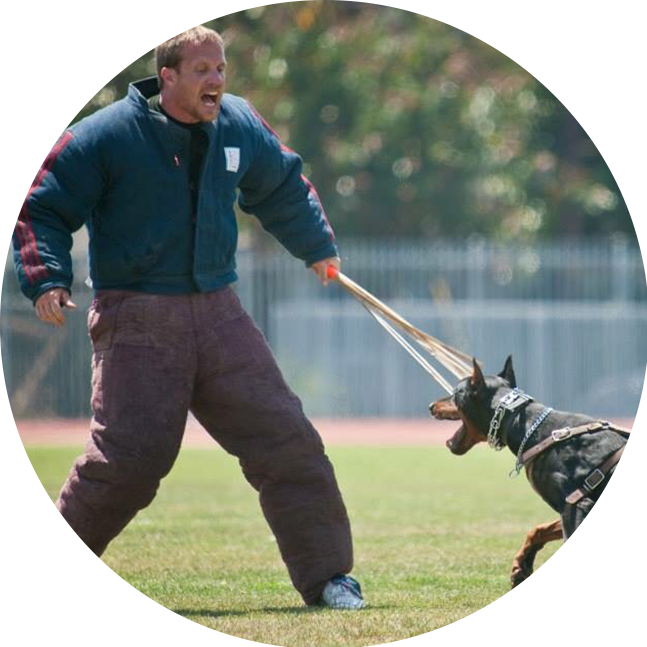
The protection phase evaluates the dog's courage, control, and ability to defend its handler on command. Unlike higher levels of competition, the Brevet focuses on basic exercises such as the "face attack," where the dog must run and apprehend a decoy (wearing protective gear) on command, and then release the decoy promptly when instructed by the handler.
In advanced levels of French Ring dog sport, the agility portion becomes more demanding, requiring exceptional athleticism and precision. Dogs navigate obstacles like hurdles, palisades, and long jumps with speed and accuracy, testing their physical prowess and coordination. They must also perform tasks such as retrieving objects and scaling walls, demonstrating their training, intelligence, and the strong bond with their handler. These advanced tests highlight the dog's physical capabilities and mental focus under competition pressure.
